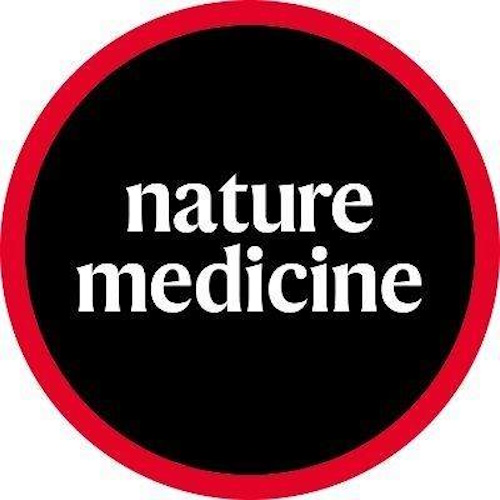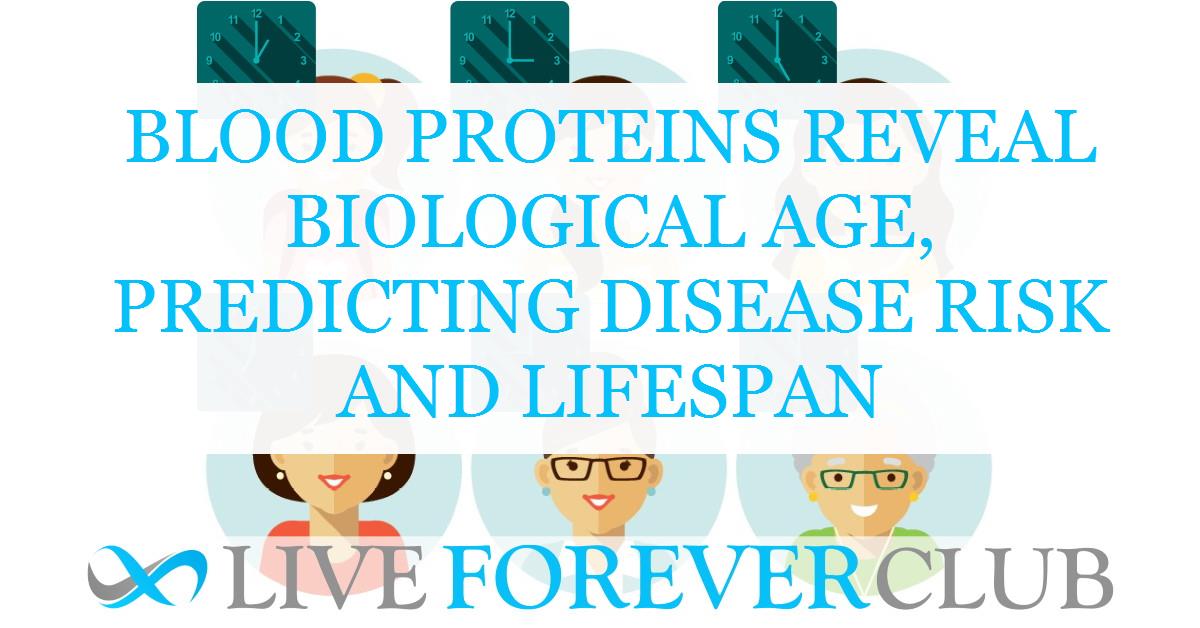Key points from article :
Researchers from Oxford Population Health have developed a new biological age clock based on blood proteins, providing insights into ageing and disease risk.
Using data from over 51,000 people in three large studies, they analysed nearly 3,000 proteins from blood samples to create a model that estimates biological age and predicts the risk of diseases like dementia and heart disease. This model was tested across diverse populations, including those in the UK, China, and Finland, showing its ability to accurately predict biological age and associated health risks.
The study revealed that the protein age gap—difference between chronological and biological age based on blood proteins—can vary by up to 12 years among individuals of the same chronological age. This gap is linked to various health markers such as physical strength, cognitive function, and risk of diseases. The protein-based model was effective in identifying individuals at high risk for early death and multiple major diseases.
The findings, published in Nature Medicine, highlight that the new protein-based clock surpasses previous models in predicting health outcomes and understanding ageing processes. It also points to potential pathways driving ageing and disease risk. The research underscores the promise of protein-based age clocks in developing preventive health strategies and improving precision medicine.
This advancement in biological age assessment could lead to better monitoring of ageing and related diseases, offering new opportunities for lifestyle interventions and clinical applications. As proteomic technology advances, these models could become more accessible and useful for diverse populations.






